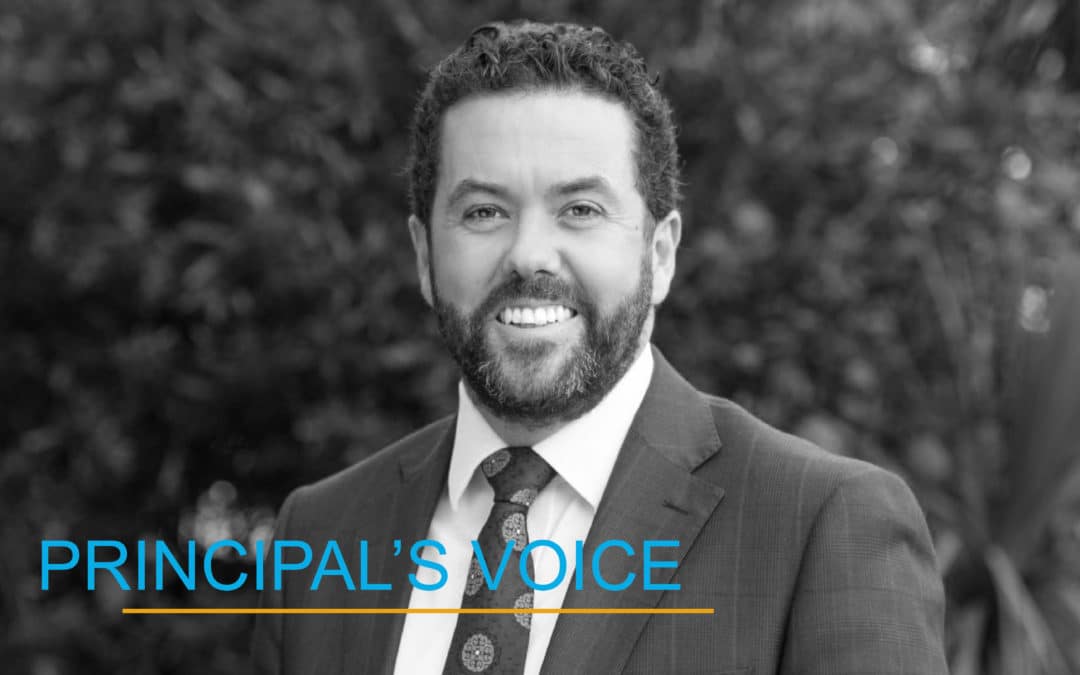“Therefore, do no worry about tomorrow, for tomorrow will worry about itself. Each day has enough trouble of its own.”
– Matthew 6:34
The following is a lightly edited article about fear from Farnam Street, https://fs.blog/, that puts its key ideas better than I could.
“Fear is a state no one wants to embrace, yet for many of us it’s the background music to our lives. But by making friends with fear and understanding why it exists, we can become less vulnerable to harm —and less afraid.” Gavin de Becker
In The Gift of Fear: Survival Signals That Protect Us From Violence, author Gavin de Becker argues that we all have an intuitive sense of when we are in danger. Drawing upon his experience as a high-stakes security specialist, he explains how we can protect ourselves by paying better attention to our gut feelings and not letting denial lead us to harm.
Many people are walking around in a constant state of vigilance, their intuition misinformed about what poses danger. It needn’t be so. When we honour accurate intuitive signals and evaluate them without denial (believing that either a favourable or unfavourable outcome is possible), we need not be wary, for we can come to trust that we’ll understand if there is something worthy of our attention. Fear will gain credibility because it won’t be applied wastefully.
When we walk around terrified all the time, we can’t pick out the signal from the noise. If we’re constantly scared, we won’t accurately notice when there is really something to fear. True fear is a momentary signal, not an ongoing state. De Becker writes that “if one feels fear of all people all the time, there is no signal reserved for the times when it’s really needed”. What we fear the most is rarely what ends up happening. Fixating on particular dangers blinds us to others. We focus on checking the path for snakes and end up walking off the cliff.
Fear vs. anxiety
Fear is not the same as anxiety. Although people experiencing anxiety are often afraid of the anxiety and what they presume is its cause, these two states have different triggers. De Becker explains one of the key factors that differentiates the two:
“Anxiety, unlike real fear, is always caused by uncertainty. It is caused, ultimately, by predictions in which you have little confidence. Predictions in which you have high confidence free you to respond, adjust, feel sadness, accept, prepare, or to do whatever is needed. Anxiety is reduced by improving our predictions, thus increasing our certainty.”
When we’re anxious, it’s because we’re uncertain. The solution to this, then, isn’t worrying more — it’s doing all we can to either find clarity or working to accept that uncertainty is part of life.
Using fear
What can we learn from de Becker’s call to rethink fear? We learn that we’ll be in a better position if we can face possible threats with a calm mind, alert to our internal signals but not anticipating every possible bad thing that could happen. While being told to stop panicking never helped anyone, we benefit by understanding that being overwhelmed by fear will hurt us more. Our imaginary fears harm us more than reality ever does.
If this approach sounds familiar, it’s because it echoes ideas from Stoic philosophy. Much like de Becker, the Stoics urged us to be realistic about the fact that bad things can and will happen to us throughout our lives. No one can escape that. Once we’ve faced that reality, some of the shock goes away and we can think about how to prepare. After all, catastrophe and tragedy are part of the journey, not an unexpected detour. Being aware and accepting of the inevitable terrible things that will happen is a critical tool in mitigating both their severity and impact.
We don’t need to live in fear to stay safe. A better approach is to be aware of the risks we face, accept that some are unknown or unpredictable, and do all we can to be prepared for any serious or imminent dangers. Then we can focus our energy on maintaining a calm mind and trusting that our intuition will protect us. The Stoics taught us that we should view terrible events as survivable. We would do well to give ourselves more credit — we’ve all survived occurrences that seemed like the worst-case scenario, and we can survive many more.
“We are more often frightened than hurt; and we suffer more from imagination than from reality.” Seneca
Tim Watson
Principal





